Transcripts of interviews with history makers and witnesses
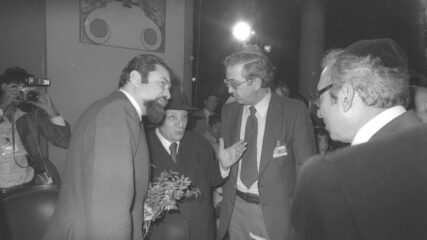
As a longtime confidant of Menachem Begin involved in the Herut party, Eliyahu Ben-Elissar was Israel’s first ambassador to Egypt. He was a staunch supporter of keeping the area of the West Bank — Judea and Samaria — under Israeli control. Later he became Israel’s ambassador to France and then the United States.

Hafez Ismail was a close adviser to Egyptian President Anwar Sadat. Ismail carried out secret negotiations with Henry Kissinger before the 1973 war to see if the U.S. would quietly start talks with the Israelis. Kissinger said no. Ismail provides notable insights into Sadat’s sophisticated decision-making.

January 9, 2025 Dan Senor, co-author of The Genius of Israel and Start-Up Nation, brought Center for Israel Education President Ken Stein on his Call Me Back podcast on Jan. 9 just hours after the…
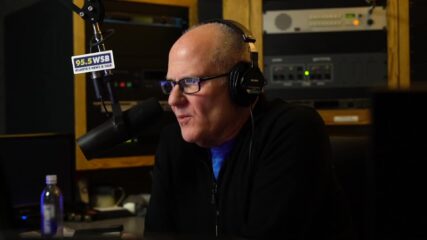
January 9, 2025 Ken Stein on “Scott Slade’s Georgia” on WSB radio to discuss Jimmy Carter on Jan. 9, 2025. WSB radio veteran Scott Slade interviewed CIE President Ken Stein about President Jimmy Carter and…
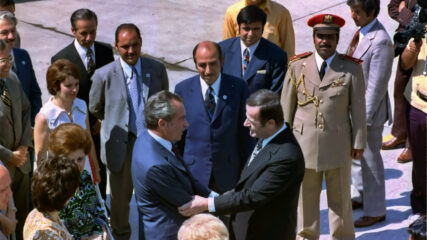
From 1970 to 1984, Khaddam served as Syria’s foreign minister, and later he was Syria’s decision-maker for actions in Lebanon. He recounts Syrian anger toward Egyptian President Sadat’s slow but continual bilateral engagement and recognition of Israel. He recalls how Syrian President Assad, after a four-hour meeting, refused Henry Kissinger’s invitation to attend the 1973 Geneva peace conference, not wanting to sanction the closeness Sadat was establishing with Israel and with Washington. These were the same reasons why Syria refused President Carter’s invitation to attend a similar Middle East peace conference in 1977. Khaddam says, “We were shocked by Sadat’s actions.”

UAE and Bahraini ambassadors to the U.S. provide incisively sharp assessments about why their peace accords unfolded with Israel in September 2020: to halt West Bank annexation, strengthen ties with the United States, enhance national security, and stimulate, if possible, Palestinian-Israeli negotiations.
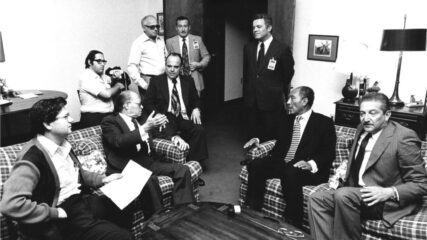
In the 1970s, US State Department Ambassador Michael Sterner was privy to Sadat’s preference for step-by-step diplomacy PRIOR to the 1973 October War. He is critical of the Carter administration for being too satisfied with only a bilateral Egyptian-Israeli Agreement.
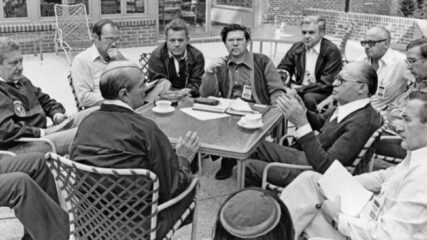
Tamir was a 35-year veteran of the Israeli army, attending all Egyptian-Israeli negotiations as a strategic planner. He stated that he thought the 1973 war could have been averted if Golda Meir had responded to Sadat’s pre-war overtures. He credits Henry Kissinger’s negotiating successes of the post-1973-war period as laying the basis for the successful 1978 and 1979 Egyptian-Israeli agreements.







